Administrators, like all educators, are overwhelmed with the amount of decisions that need to be made each day. From staffing to curriculum to data to behaviors – while you carry these items on your back – are you really the expert in all of them?
Just as we advise students, school leaders should assume an investigative mindset for each task and identify who those expert witnesses are. Who is best equipped to judge a new hire’s potential? What students might best identify the qualities of a teacher with effective classroom management? Who would you call on to make decisions regarding curriculum planning?
As an administrator making high-level decisions, you need to answer an important question:
What Witnesses Will You Call To Be An Effective Leader?
As we touched on in our previous blog post, 4 Quick Ways To Get Students Thinking About Experts, the expert witness is not always the obvious witness. Shift your mindset from identifying the person in the room with the most expertise, and starting thinking about whose expertise should be brought into the room where these decisions are made.
Think about who sits in the room during an interview – admin, teachers who are working in the same grade level or subject area, team leads. Now think about who sits in the room with teachers all day, every day. Who in your building is the most equipped witness to good teaching? Your students.
Now, what about your behavior intervention plans? We invite parents, teachers, aids, and maybe even request a doctor’s analysis on a student’s particular situation. But have we invited the teachers who have had the most success with that student to weigh in on what works instead of going round and round sharing what doesn’t work?
School leaders must start asking these critical questions to solve the revolving door of problems that reappear year after year.
- Who has demonstrated or witnessed success in this area?
- How can we recreate situations and environments that lead to success?
- How can we identify problems before they happen by listening to those with a different point of view?
The 8% Solution
Recently, our Founder and CEO, Colin Seale, had a conversation with an administrator at a school where only eight percent of the students score proficient on their state exams. How would you react? Traditionally, we might do a deep dive on the data – looking for commonalities amongst those who are close to passing but not quite there. We might also plan rigorous and meaningful intervention for those students while allowing those who’ve scored satisfactory to complete ‘stretch’ assignments or extensions.
But hear us out…
Instead of focusing on the students who are failing, take this opportunity to call your expert witnesses – the eight percent – for their testimony. If this eight percent has found success in your current learning environment, you have no better option than to understand how they’ve succeeded in order to better serve the ninety-two. We often don’t focus on the kids who will “be just fine” or on the teachers who are getting the job done effectively and quietly, when in fact that is where a great deal of our focus should be pointed. Their expertise can serve as a pathbreaker for broader and better success.
Partnering with students and teachers to reflect on their own success will not only grant them autonomy in their education and development, but will reinforce your commitment to helping them become critical thinkers for life.
Interested in a thinkLaw Partnership?
Every month, thinkLaw collaborates with organizations like yours to spread the critical thinking revolution. Interested in partnering with thinkLaw? Request a quote below!
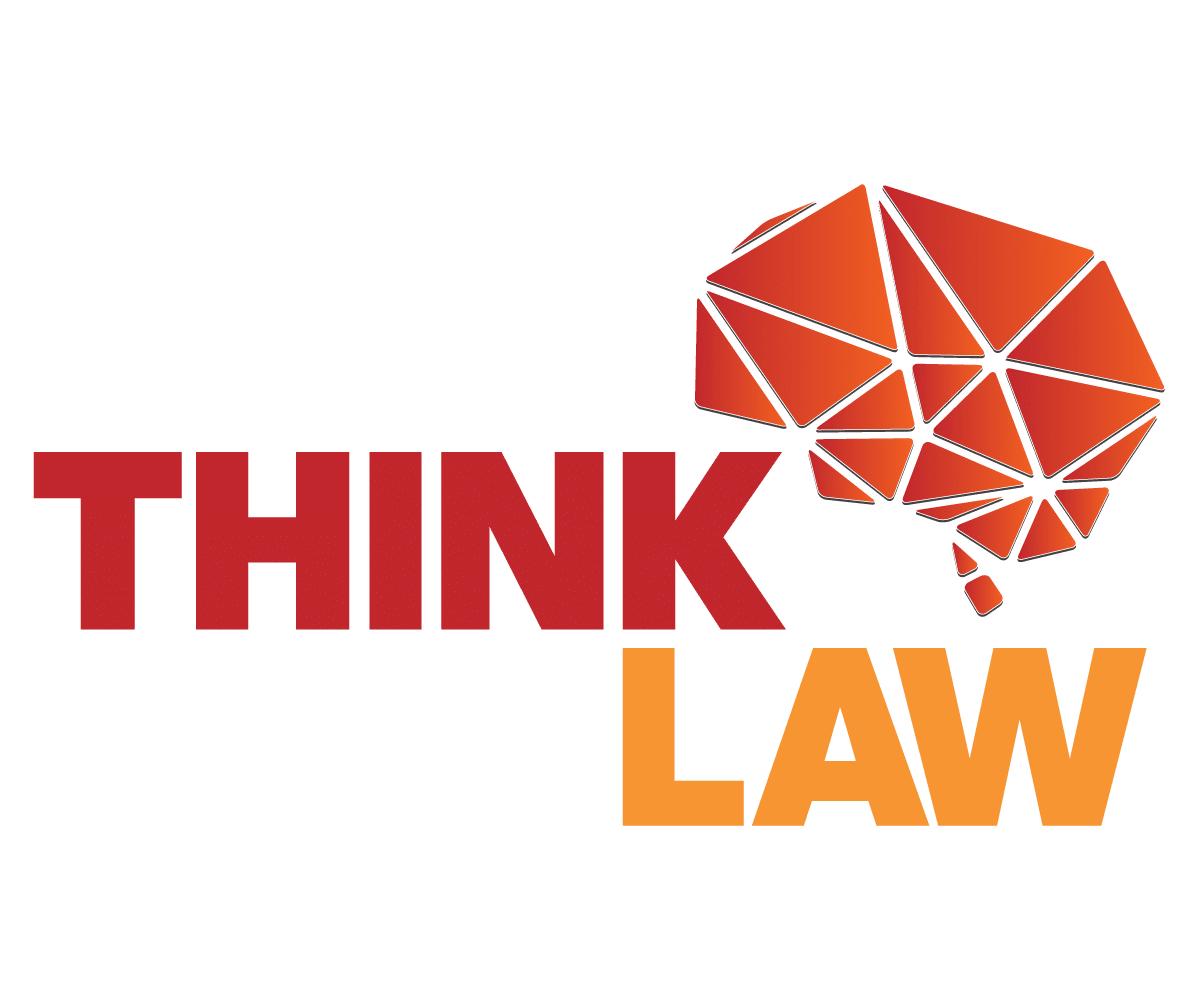
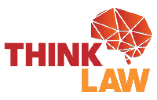
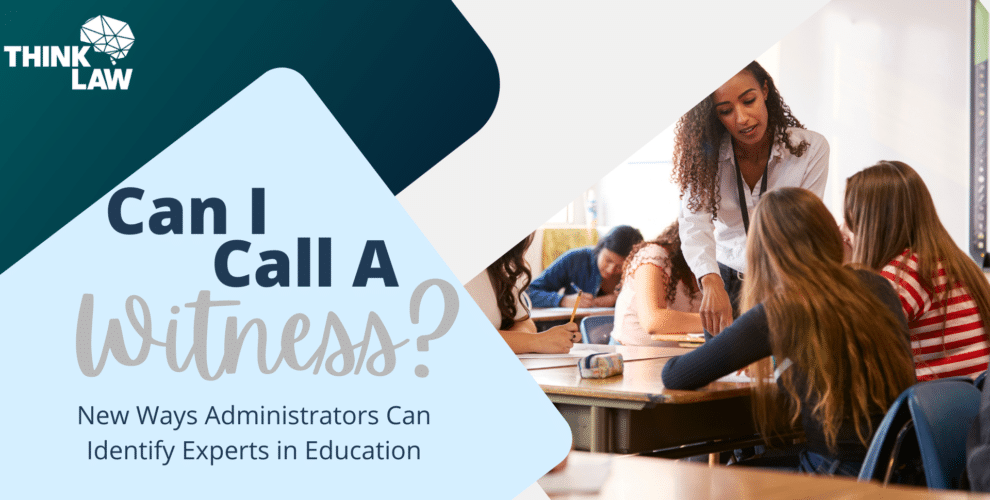
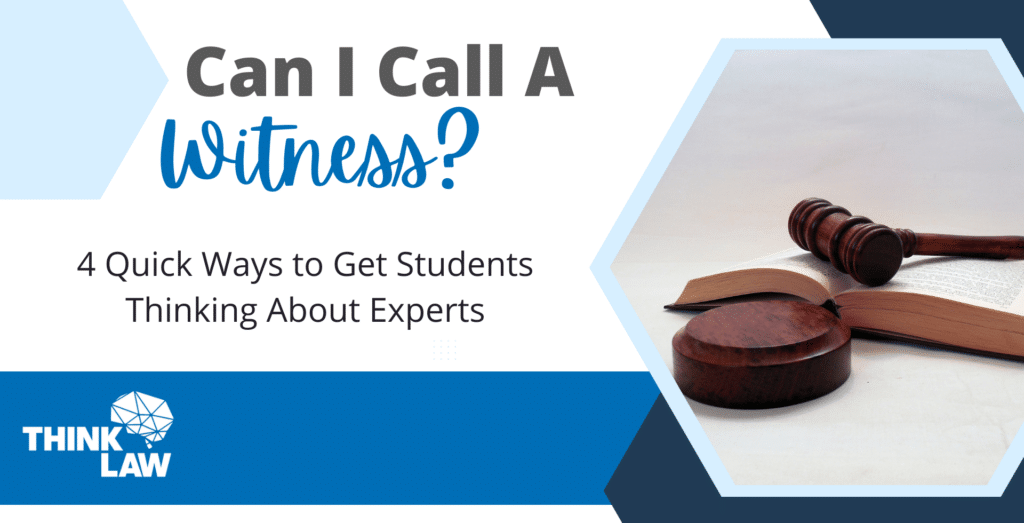

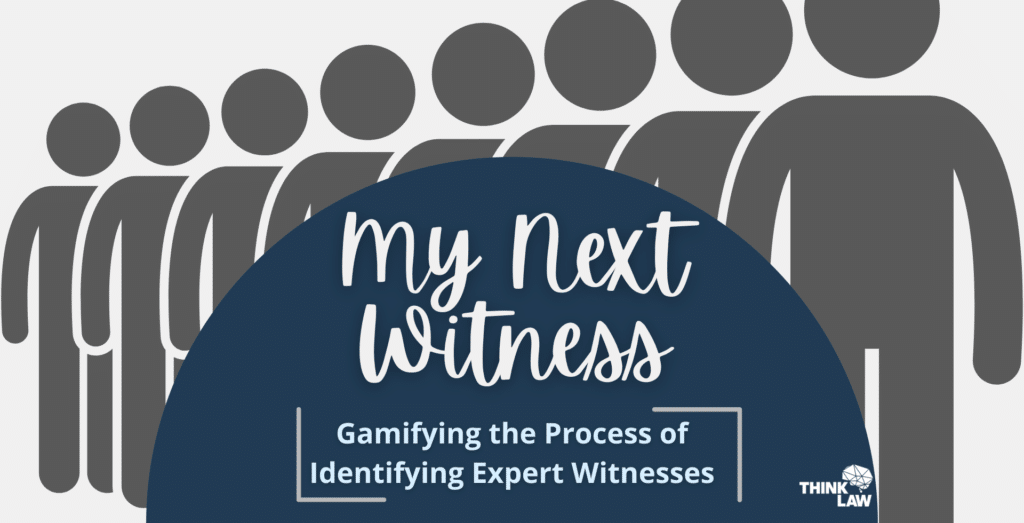

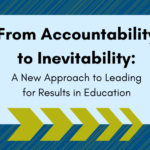
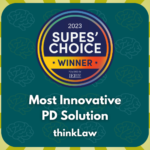
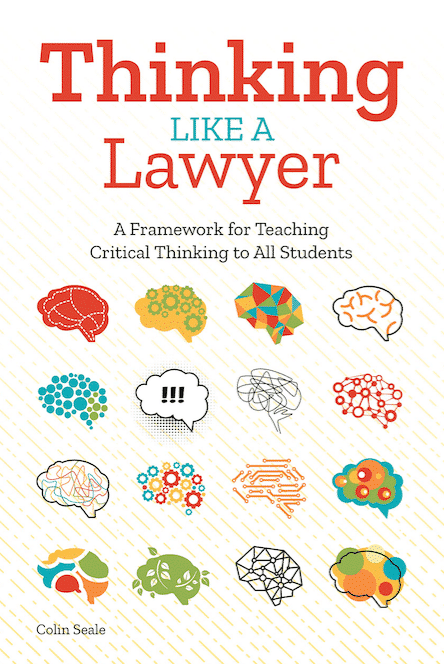
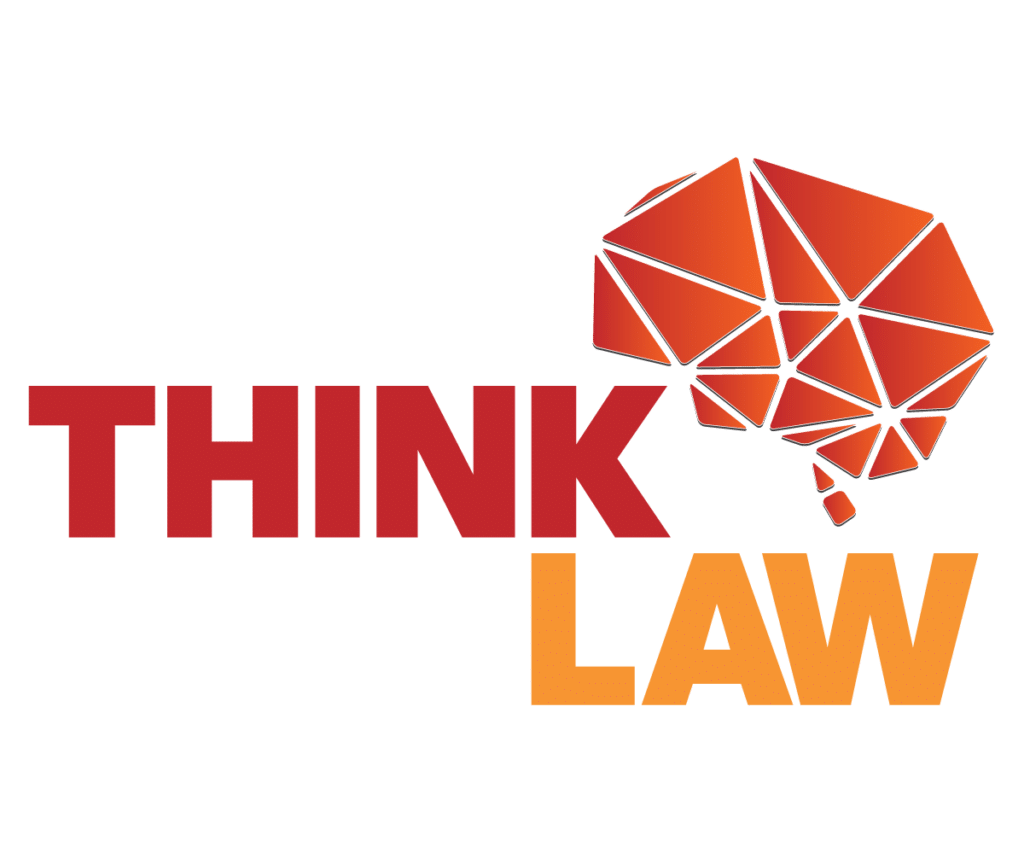
Leave a Reply